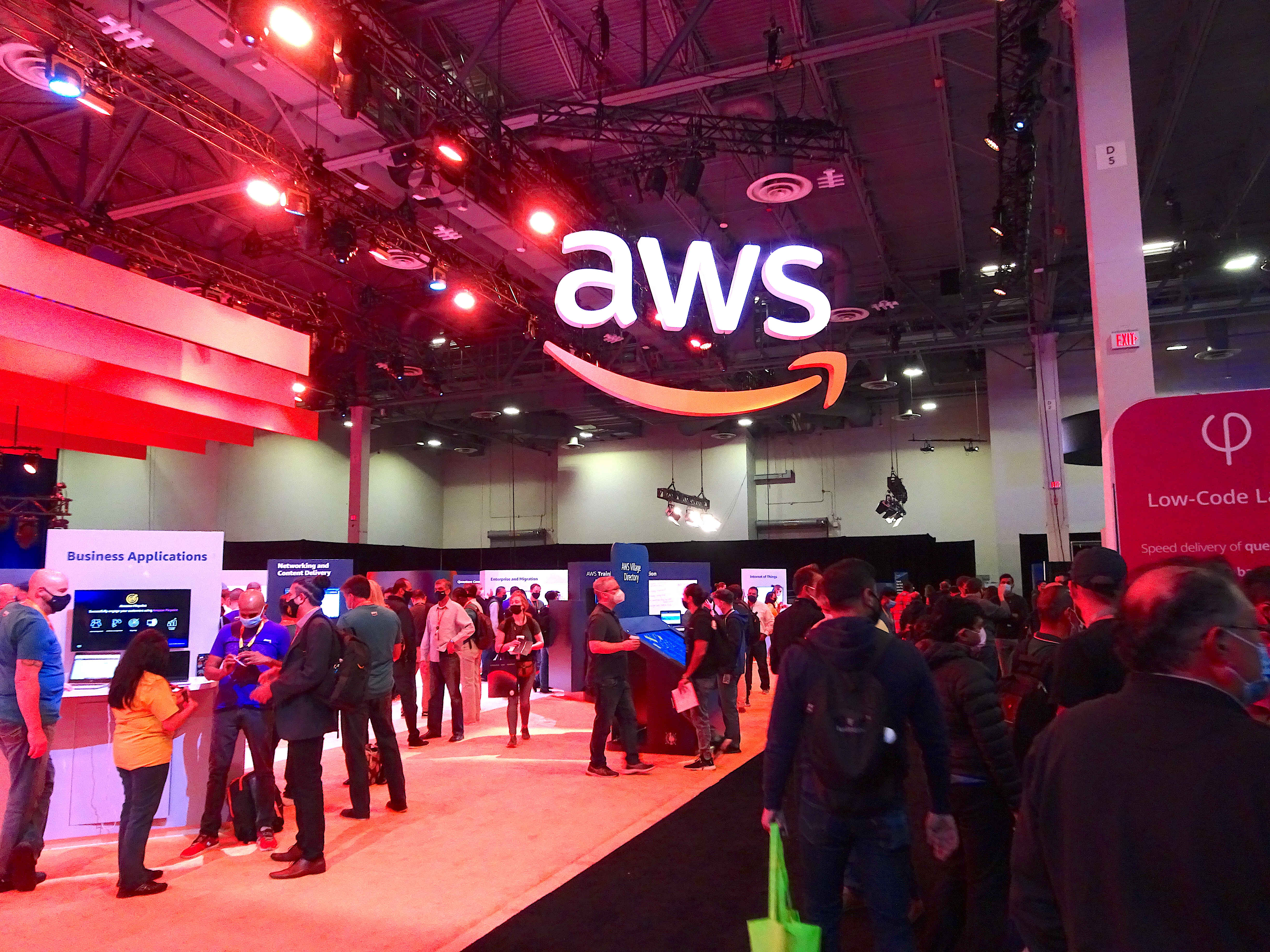 CLOUD
CLOUD
 CLOUD
CLOUD
 CLOUD
CLOUD
In an exclusive one-on-one interview, Amazon Web Services Inc. Chief Executive Adam Selipsky provided a preview of what to expect at AWS re:Invent this week in Las Vegas, in particular AWS’ cloud plans amid the rapid rise of generative artificial intelligence.
This year re:Invent is set to be a gen AI landmark event, where AWS will be showcasing its latest innovations and strategies around AI adaptability, cutting-edge silicon, data services, innovative partnerships and developer tools as the company battles rivals for AI supremacy. Here’s what I expect to see, based on my interview with Selipsky:
AWS continues to lead the market with significant enhancements in its core services, encompassing compute, networking, storage and data management. These improvements are not just incremental. They are transformative, catering to the evolving demands of businesses and developers.
The spotlight on silicon, particularly Tranium and Inferentia, underscores AWS’ commitment to hardware acceleration. These innovations are crucial in optimizing performance for machine learning and data-intensive applications.
AWS is set to revolutionize data services, building on the momentum of last year’s announcement of Zero ETL, for the Extract/Transform/Load operations that put data into a repository for analysis and use. The introduction of new data management solutions promises more scalable and efficient data pipelines.
Recognizing the diverse needs of developers, AWS is expected to unveil an array of tools and services, including those for no-code and low-code development. This move aims to democratize application development, enabling more creators to bring their ideas to life.
The core focus of the event will likely emphasize the importance of a modern data gen AI stack, encompassing model building, training and inference, along with model interactions based on application programming interfaces. This approach is crucial for accelerating and scaling up the experimental modeling from prototype to production.
Adaptability is set to be a central theme, particularly in the context of Generative AI. This theme reflects the belief that the ability to adapt will be a determining factor in who leads in the Generative AI space.
The conference might explore the synergistic relationship between diverse silicon options and AI models, akin to pairing the right wine with a meal. This analogy highlights the importance of matching the right hardware with the appropriate AI models to achieve optimal results.
AWS is expected to address the critical tradeoffs in technology deployment, such as performance, cost, accuracy, reliability, security, governance and privacy. This discussion is vital for businesses to make informed decisions in a rapidly evolving tech landscape.
A key focus will be on embedding AI into applications, enabling and leveraging generative AI. This integration is crucial for the future of application development and user experience.
The success of business models such as OctoML indicates a thriving market for AI clouds and models as a service. AWS’ offerings in this segment are anticipated to provide unprecedented choice and flexibility for developers. I expect to see a flurry of new models coming online, including gen AI infrastructure-as-a-service and new kinds of managed services all accelerating the gen AI market.
Supporting the ecosystem, startups and developers of AI will be a top conversation. When asked about AWS’ impact on the emerging new AI startup ecosystem, Selipsky acknowledged the changing landscape with new competitive choices for emerging developers. “There is no birthright,” he said. “We have to earn everybody’s business every day.” He cited the high percentage of today’s unicorns relying on AWS, indicating the platform’s enduring appeal to the new generation of builders.
Support our mission to keep content open and free by engaging with theCUBE community. Join theCUBE’s Alumni Trust Network, where technology leaders connect, share intelligence and create opportunities.
Founded by tech visionaries John Furrier and Dave Vellante, SiliconANGLE Media has built a dynamic ecosystem of industry-leading digital media brands that reach 15+ million elite tech professionals. Our new proprietary theCUBE AI Video Cloud is breaking ground in audience interaction, leveraging theCUBEai.com neural network to help technology companies make data-driven decisions and stay at the forefront of industry conversations.